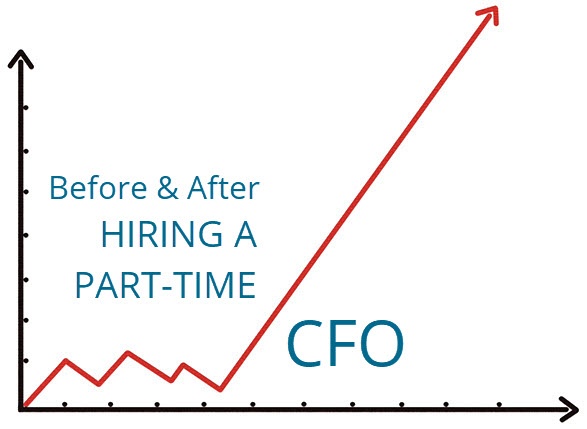The thought of needing to hire a CFO often doesn't come before there is some sign of trouble. Most companies try to operate using the “bank account formula” for as long as possible and then make a change only when the pain becomes too great. “Let me look at my bank account… if I have money, I must be OK!”
Fortunately, this no longer a black and white choice. The most successful businesses are built on a collaborative foundation, and a growing number of companies are embracing the concept of hiring a part-time CFO. Instead of being just a sunk operating cost, this move is now widely viewed as a smart business investment that is delivering positive returns.










